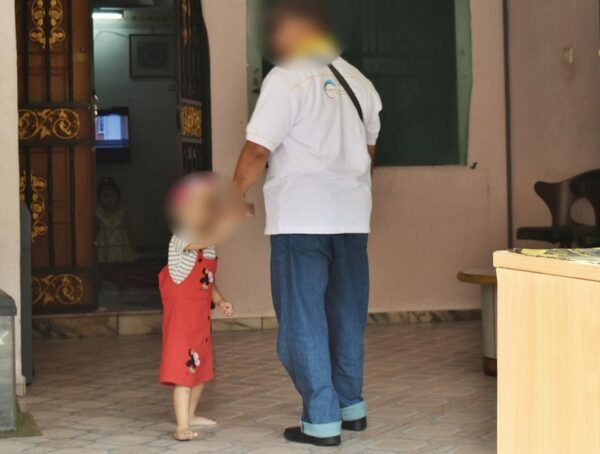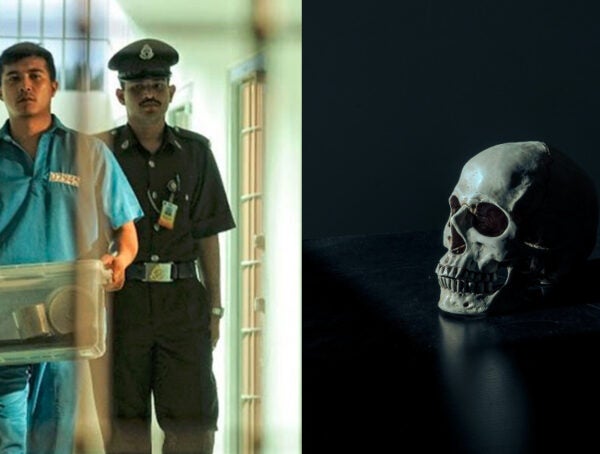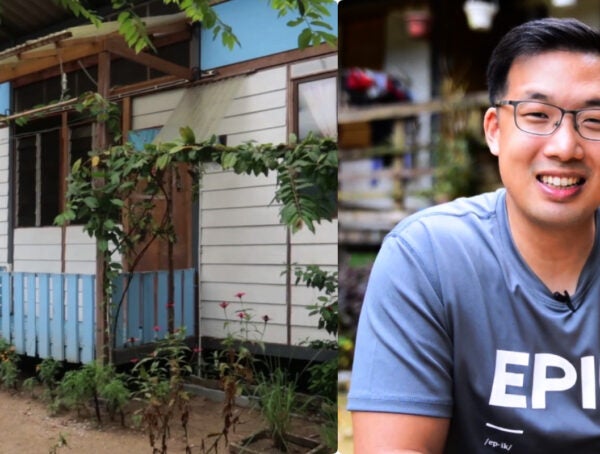Disclaimer: In Real Life is a platform for everyday people to share their experiences and voices. All articles are personal stories and do not necessarily echo In Real Life’s sentiments.
“Poor people, very likely to kena. The police consider them as an easy target.”
During MCO, John (not his real name) was sent to Sungai Buloh Prison. He felt the need to share how people are treated inside and what led to their incarceration.
The People Inside
John shares that people stayed inside for 3-4 years as their cases were delayed due to MCO. He believed that there were also a lot of innocent people inside. Everyone in prison he met would have gone in and out of jail a lot; the highest number of this cycle was 34 times.
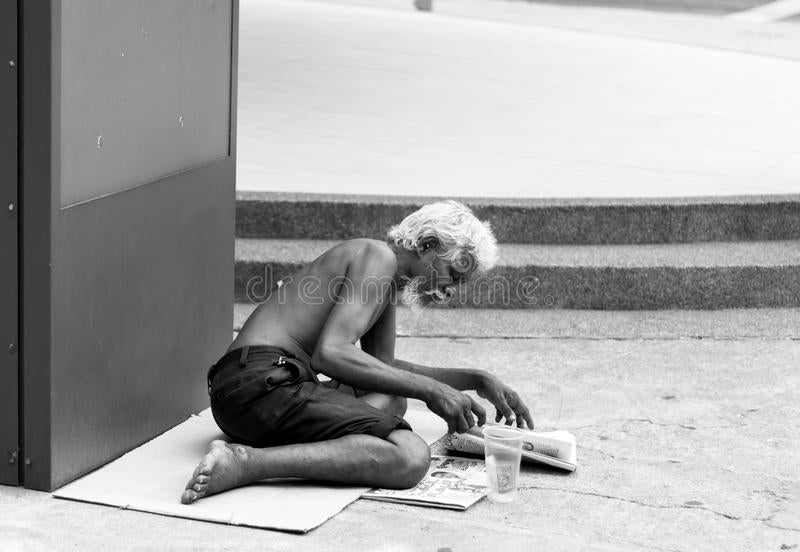
Stock image used for illustrative purposes only.
John speculates that the police would target them because they have a quota to fill where they need to send a certain number of people to prison. They do this by catching them and giving them a packet of drugs – which they will force the person to admit is their drugs – to charge under Section 12(2) of Act 234 for possession of drugs.
If a person is charged 3 times or more for this, they will be assessed under Section 39C for repeated offence. The people he met in prison told John that they will admit the drug is theirs to avoid having the cops arrest them with that.
Life in Prison
“You have to learn quite fast, and if you don’t learn, you will get bullied, and you won’t really survive inside. I bought food from the koperasi to trade as some sort of protection while I was inside.”
John shared that the first rule in prison is to control your mouth. They can’t speak unnecessarily because there will be people inside who are quick to anger. They are easily triggered and are prone to starting fights with anyone.
John said there were a lot of liars also inside. People lie that they are big shots outside of prison. So, he also tried to take the things told to him with a grain of salt.
He also had to learn the terminologies that were used in prison.
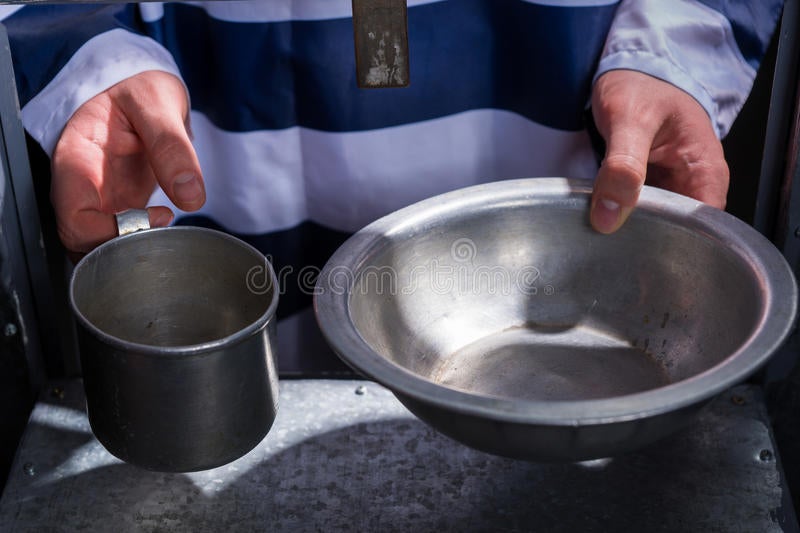
Stock image used for illustrative purposes only.
“The food was deplorable, really, really bad. 3 meals a day – breakfast is served at 6 am: which is just tea and bread or porridge in a plastic bag. Lunch is rice and a small piece of fish. Dinner is curry and small pieces of chicken.”
In prison, he lost a lot of weight (10kg). He was sick for the first month he was there. He had diarrhoea, fever and scabies, which are particularly common in prison due to the lack of hygiene. The place itself was described by John as “diseased”. People were dying left and right in his cell, which would be blamed on Covid.
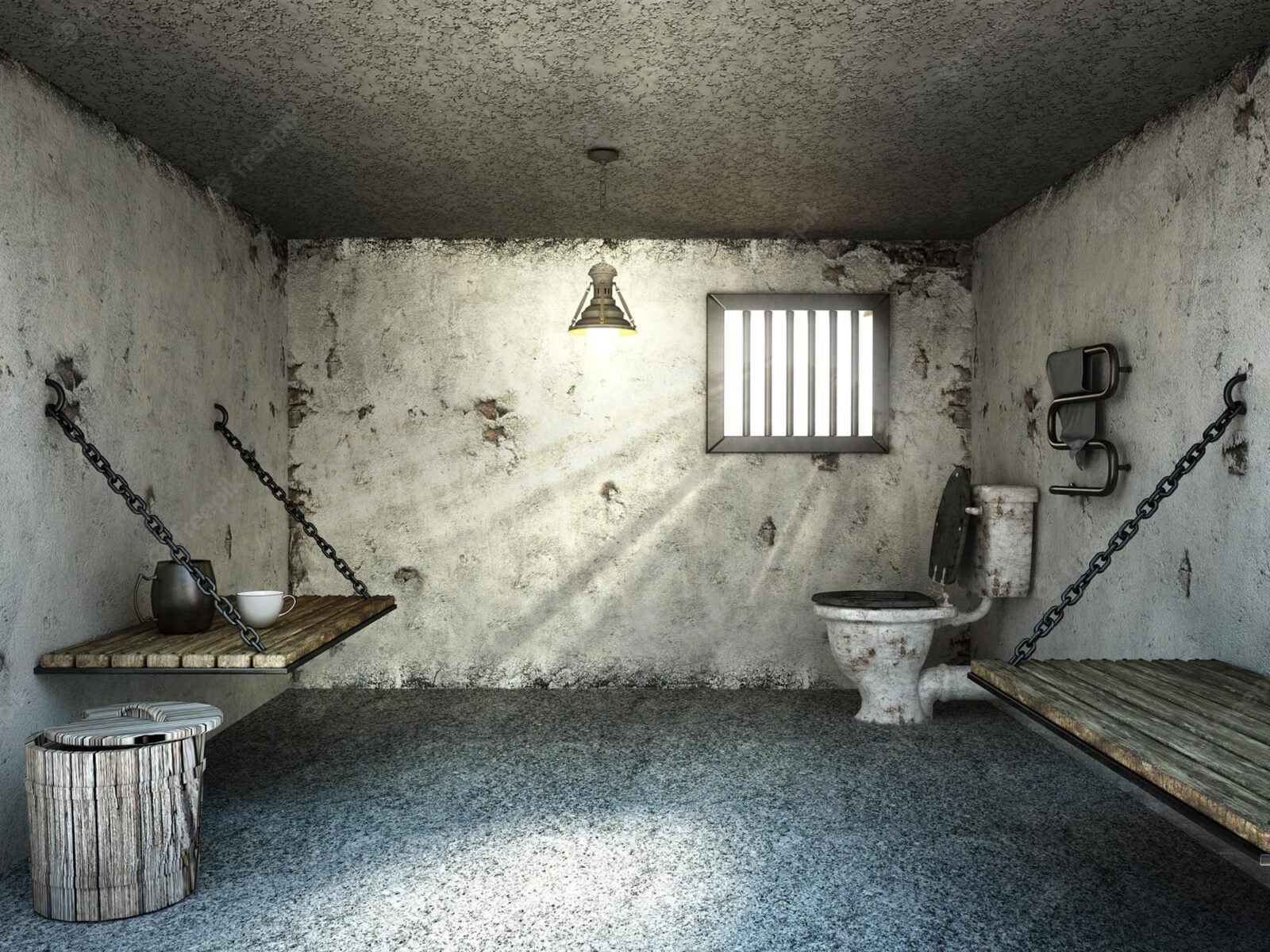
Stock image used for illustrative purposes only.
“Any request you had, they would ignore you. Like animals, locked up 24/7 with nowhere to move. It was dehumanising.”
The first night itself, they don’t provide you with anything. You’re exposed to the elements outside, and it is freezing cold. Prison itself was super packed since the jail cell that should only fit 30-40 people would have up to 70 people squeezed in it.
Notebooks for writing are banned, so the only way to bring 1 in is by luck or paste religious photos to gain some sympathy. For John, writing in a book was the only way he could kill time in prison and feel more human. However, the books would often be checked, and if they contained something the guards disagreed with, they would be torn and thrown away.
Even pencils are hit-and-miss, the maximum length is 2cm, and if the guards felt like it, they may even throw away the 2cm pencil too.

Stock image used for illustrative purposes only.
John would also learn to survive in prison by observing his surroundings. He shares that if the person in his cell was pleasant, they would get foods such as chocolate cakes and Maggi from John. These are the foods he gets from the koperasi, where prisoners can buy things (toothbrushes, blankets, and more) with the money their family deposits.
“Imagine it’s a square cell with a toilet at the other end. So when you have people protecting you, you can sleep at the other end, which is further from the toilet,” John said when asked why he felt the need to bribe other prisoners with food.
“I used to be hopeful for Malaysia… But now I feel like Malaysia will never change.”
In prison, John notices that everyone is stuck to their race. John feels that we, as Malaysians, are too segregated because everyone wants to fight for their race and religion. This is why John feels like Malaysians lack empathy for others.
Today, Tomorrow and Everyday After.
John is now awaiting his trial date. The whole situation was traumatising to him and affected the people around him. He feels anxious about the whole ordeal but wants it all done so he can move on.
John will never be the same after leaving prison and he wishes that no one should ever go through this kind of horror.
Know anyone with an interesting story to share? Drop us an email at ym.efillaerni@olleh and we may feature the story!
For more stories like this, read:
“I Worked in a Malaysian Prison For 10+ Years. Here’s What’s Inside.”
You might also like
More from Real People
‘A RM100 fee cost a company 5 years of revenue’ shares M’sian
This story is about a Malaysian who learned that bureaucracy can be defeated simply by not arguing with it.A billing …
‘I quiet-quit, upskilled, and tripled my salary,’ shares M’sian engineer
This story is about a Malaysian who learned that loyalty without leverage leads nowhere in the corporate world.After years of …
‘I did everything right, and it still wasn’t enough’ shares M’sian graduate
This story is about a Malaysian graduate navigating big dreams in a job market where a degree no longer guarantees …






